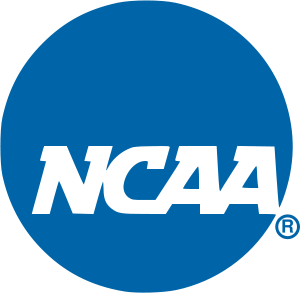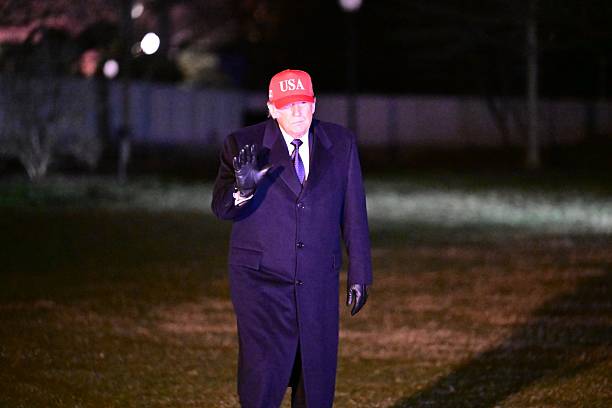(ThyBlackMan.com) Too many Blacks leaving school with no degree, substandard education, study shows…
In the race to have the best team, win the most games and make the most money, college sports programs have exploited student-athletes for university gains, according to some of the nation’s leading experts on race and intercollegiate sports.
In their research into race and economics in college sports, Robert and Amy McCormick, law professors at Michigan State University, have found that  student-athletes, particularly African-Americans, don’t reap the benefits of their labor.
student-athletes, particularly African-Americans, don’t reap the benefits of their labor.
Those athletes generate huge revenues for their schools. But despite getting the opportunity to attend college at little or no cost, they often walk away without a degree or with a substandard education, the McCormicks say.
All the while, the predominately White administrators of colleges and intercollegiate sports programs draw rich salaries and their schools build ever-better facilities.
Not sharing in the wealth
“A largely African-American workforce – the players – are generating a great deal of wealth by creating the product of college sports, but they are not allowed to share that wealth,” Robert McCormick said.
The average future NFL draftee brings in $400,000 a year and a future NBA draftee brings in $1.2 million a year for their schools, according to Ahmed Taha, professor of law at Wake Forest University School of Law.
If that athlete actually graduates with a degree, it yields them, on average, just $72,868 in annual earnings. And only 56 percent of the 2010 NCAA basketball tournament bracket schools graduate at least 50 percent of their African-American players, according to the Institute for Diversity and Ethics in Sport.
“African-American athletes should not be relegated to providing services for free to benefit and entertain White Americans,” Amy McCormick said. “Legally, as employees, and morally, as human beings, they must be paid.”
204 players, 277 incidents of crime
Coaches and college sports administrators also are failing athletes when it comes to dealing openly with recruits who have criminal records, said Jeffrey Benedict, author of the recent Sports Illustrated special report “Criminal Records in College Sports.”
His investigation found that, of the Sports Illustrated Top 25 preseason 2010 football teams, seven percent of players (or 204) had been charged with or cited for a crime. Those players were implicated in 277 incidents.
But only two of 25 schools conducted any kind of criminal background check on incoming football scholarship recipients – and only one school, Texas Christian University, had a roster free of criminal records.
Safety net needed for athlete
It’s not a matter of automatically disqualifying any recruit who has a felony record, Benedict said. “I don’t think that would be a good policy,” he added. If a coach decides to recruit a player with a record, however, the school should ensure there’s a safety net for that athlete – so he stays out of trouble and gets an education that prepares him for life after football.
“That’s a guy who needs something more than shoulder pads and a helmet,” Benedict said. “He needs people who are looking out for his social well-being and his academics.”
Benedict, Taha, Robert and Amy McCormick and about 40 other experts on race and college sports gathered at Wake Forest University for “Losing to Win: Discussions of Race and Intercollegiate Sports.”
The summit – the most comprehensive national meeting of such experts – was coordinated by Wake Forest’s Tim Davis, a professor of law and sports law expert; and Earl Smith, professor of sociology and author of “Race, Sports and the American Dream.”

















Very good article. Thanks
I would be interested in getting your thoughts on this.
http://www.nytimes.com/2008/10/05/sports/basketball/05family.html?_r=1&ref=basketball&oref=slogin
(hat tip to AverageBro.com)
Here is what I found interesting:
“Jennings, 19, is enjoying providing a better life for them than the one that they had in California. He was born and raised in Compton and had to cope with his father’s suicide. He was 7 or 8 at the time, he said, and had to grow up fast and become the man of the house.
Now Jennings makes $1.2 million a year in salary and endorsements, and the team provides a luxury three-bedroom apartment, a Volvo station wagon and eight round-trip tickets between Rome and the United States.
“To be able to provide for them and buy them nice things, and being able to take care of everything, I feel good about it,” he said of his family.
Knox, 47, stressed that the family wasn’t poor but “working-class people just trying to get by.” She worked in insurance for years and said she was making $15 an hour at Saddleback College in Mission Viejo, Calif., before leaving for Italy.
Her family’s life has changed for the better, she said. The dinners at Del Taco and In N Out Burger, two fast-food restaurants in abundance near the family’s Los Angeles home, have been replaced by salmon, chicken and vegetables bought fresh daily at a local market.”
and later in the article:
“Terrence [Jennings’ little brother], 12, may be enjoying the Italian adventure the most.
With a bright smile and quick wit — he taunts Roma guard Allan Ray by calling him Ray Allen, who is a guard for the Boston Celtics.
Jennings’s club agreed to pay Terrence’s tuition at the Marymount International School, which costs about $20,000 a year and whose students represent more than 50 nationalities. Terrence’s sixth grade teacher, Gabriella Spadaro, predicted that he would be president someday.”